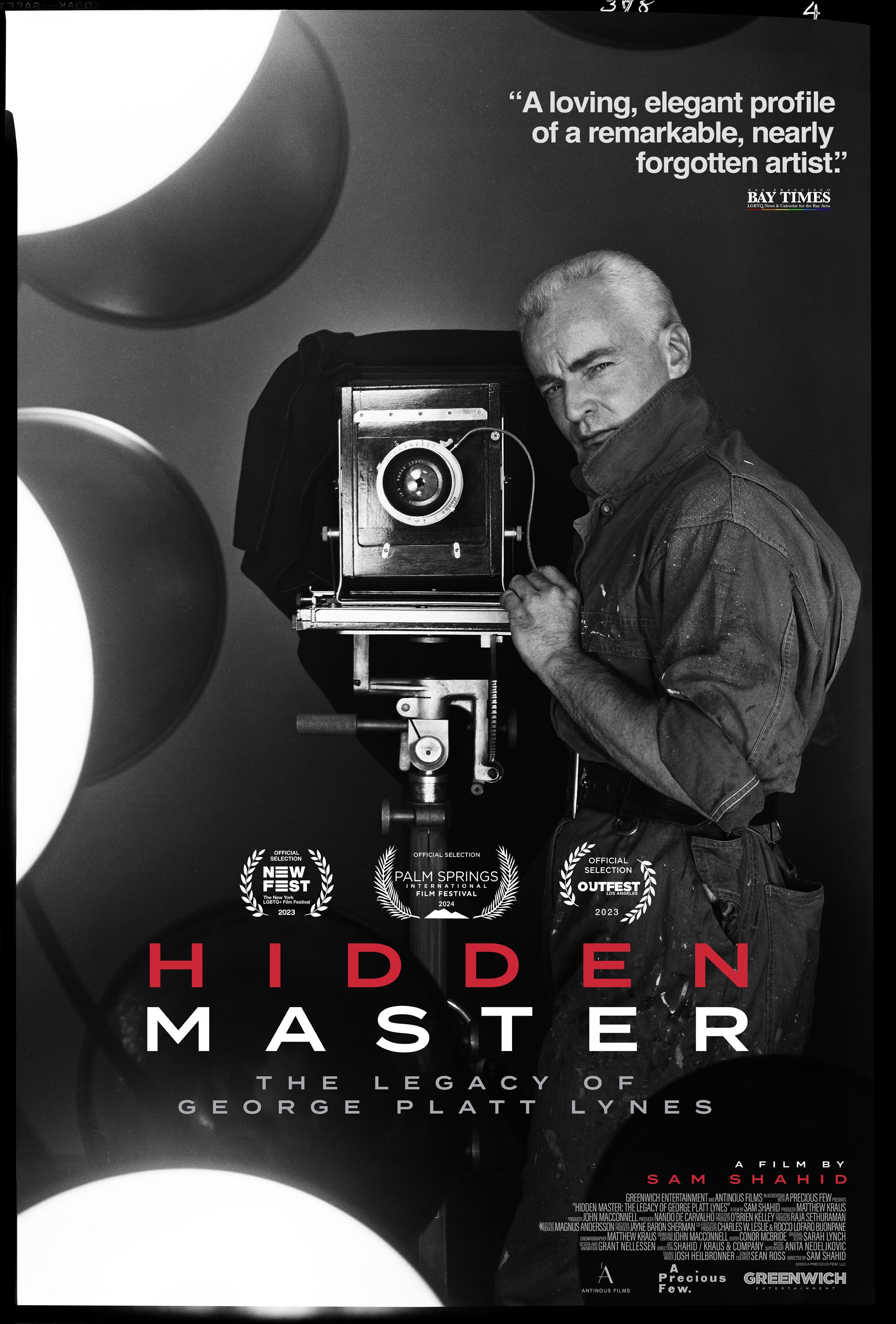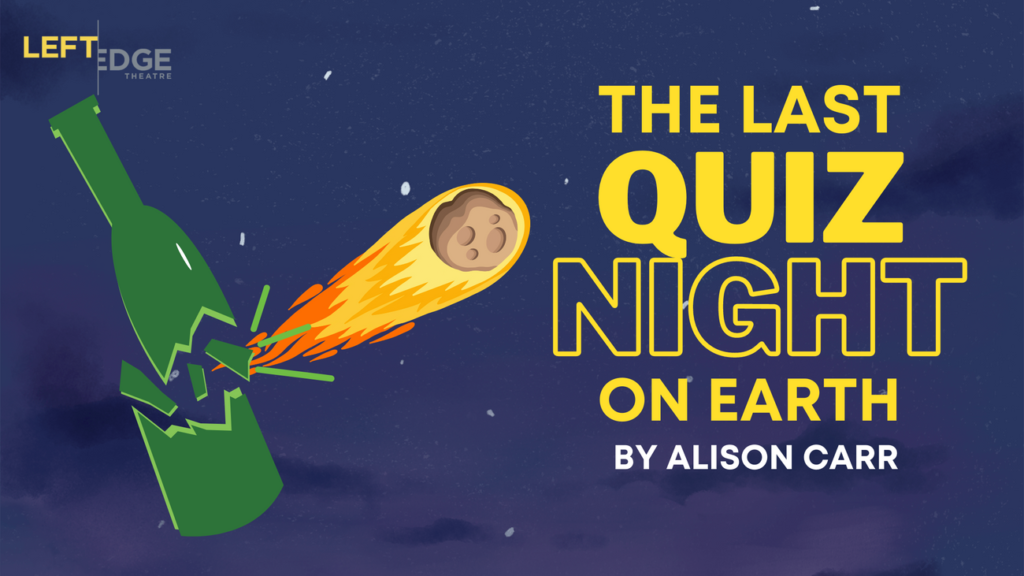The Sonoma Valley Authors Festival (SVAF) announces its impressive lineup of world-class authors and speakers for its seventh annual event on April 26-28, 2024, at the Fairmont Sonoma Mission Inn & Spa. The three-day event delivers a highly curated experience designed to “stimulate the minds and nurture the souls of readers.” This year’s speakers include: Doris Kearns Goodwin, David Grann, Hampton Sides, Amy Tan, Colm Tóibín, Jonathan Eig, Elliot Ackerman, Admiral James Stavridis, Kori Schake, Akhil Reed Amar, Dr. Deepak Srivastava, Wade Davis, Anita Gail Jones, Luis A. Miranda Jr., Craig Frazier, PBS NewsHour’s Jeffrey Brown, with more authors and speakers to be announced.
Founded in 2018 by Ginny and David Freeman as a 501(c)(3) non-profit public charity focused on education and community involvement, the Sonoma Valley Authors Festival has quickly become a must-attend event for those committed to enriching their lives through literature, learning, science, technology, and medicine.
Though the festival Pavilion is limited to 400 seats, the sponsors in those seats make substantial donations that fund the other free events – Students Day, Authors on the Plaza, the Virtual Festival, and special events that engage thousands of community members. The festival currently has a matching gift program in place to leverage all donations to help extend the reach of free access.
“The intimacy of the Sonoma Valley Authors Festival creates amazing synergies, where the audience is as interesting as the speakers!” says Ginny Freeman, one of the festival co-founders. “The festival audience is well-educated, well-traveled, and dedicated to lifelong learning and life enrichment. The atmosphere engages speakers and audiences alike, forming connections among audience members that are as equally magical as that of the audience and speakers.”
The festival’s programming offers a series of Ted Talk-style sessions in the main pavilion and breakout sessions. Over the three-day immersion weekend, attendees will hear from over 20+ authors from various literary genres who discuss advances being made in science, technology, and medicine.
The intimate setting of the Fairmont Sonoma Mission Inn & Spa provides the perfect environment for attendees to meet and interact with the 20+ authors and speakers. Return interviewer Jeffrey Brown, Senior Correspondent and Chief Arts Correspondent for PBS News-Hour, aptly describes the experience, “One of the nice things for the people who attend the festival is they get to talk to the authors. Not only hear them speak, but actually ask the authors their own questions – they can share what they like about the book, and in turn get to know the authors.”
Since the inception of the festival, Students Day at Sonoma Valley High School and other local schools, aims to inspire intellectual curiosity in the next generation. This April, over 1,400 young scholars will have the chance to meet and engage with speakers and receive free books written by the presenting authors. Each year, 3,000 to 4,000 books written are given free to the students, all supported by private donations. Due to campus safety protocols, Students Day is not open to the public.
In addition to the main event, SVAF hosts Authors on the Plaza, the free and open to the public event for the Sonoma community. The event is held on Saturday, April 27, from 11 a.m. to 2 p.m, under the trees on the lawn of the historic Sonoma Plaza. This year’s event will feature David Grann, Amy Tan and Colm Tóibín.
Three-day VIP Festival Passes start at $2,750 and include access to all presentations, two on-site breakfasts and lunches, an exclusive dinner with the authors, and free access to the Virtual Festival. More than 50% of each VIP pass is a tax-deductible donation. For more information about the 2024 Sonoma Valley Authors Festival and to purchase passes, please visit the website.
The Sonoma Valley Authors Festival is made possible through the generous support of individual donors, corporate sponsors, and committed volunteers. Co-founders Ginny and David Freeman have dedicated time and personal financial commitment to ensure the success of this non-profit 501(c)(3) organization.
About Sonoma Valley Authors Festival: The Sonoma Valley Authors Festival (SVAF) was founded in 2018 by Ginny and David Freeman as a 501(c)(3) non-profit public charity focused on education and community involvement. This annual event brings together literature enthusiasts and lifelong learners to engage with world-class authors of all genres and speakers in science, technology, and medicine. SVAF is supported by individual donors, corporate sponsors, and dedicated local volunteers. Past authors have included: Isabel Allende, Dave Barry, Bill Browder, Bonnie Garmus, Amor Towles, Billy Collins, and Abraham Verghese.



